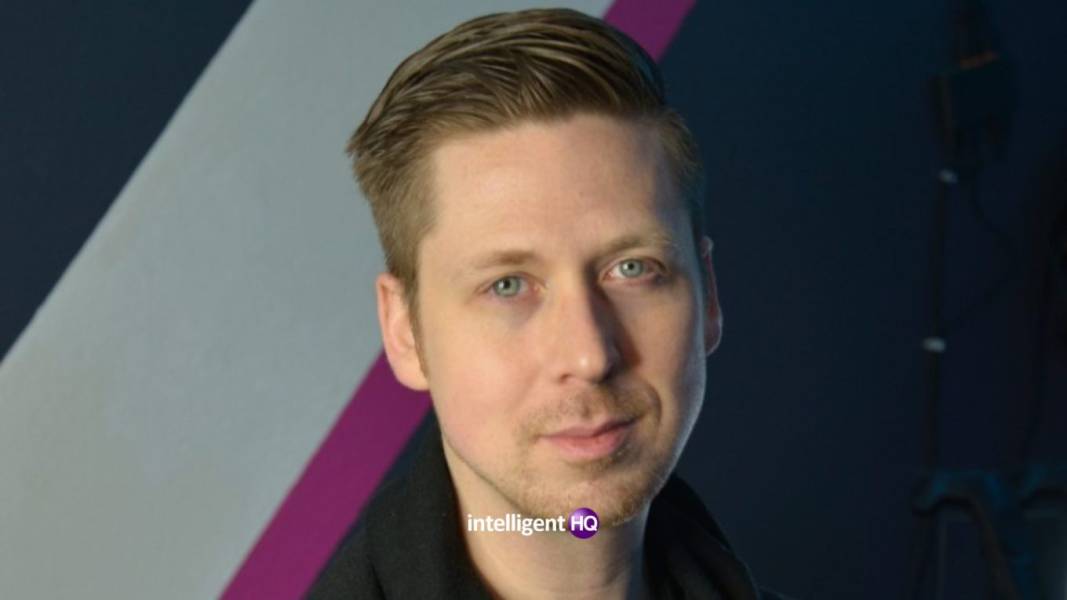The creator economy, a concept that anyone can create, share, and monetise digital content, services, and products, is being driven by the growth of digital content platforms, such as YouTube, Instagram, and Twitch, as well as the rise of virtual and augmented reality technologies. A relatively new concept, it has already had a significant impact on the way people interact with content and services.
As technology continues to evolve, more opportunities will emerge for creators to monetize their work, and the creator economy will become increasingly important for digital entrepreneurs. Eugene Capon, the recent guest in the Dinis Guarda YouTube Podcast series, has traversed the waves of creator evolution, shares his journey:
“From the age of information to the social media age, we learned to create communities, from not just creating content, we now have self-created publications daily. As for the third generation, we now have the by-product called the metaverse.”
He explained the concept of the immersive internet as a layered model that is will evolve into the future of the metaverse:
“At the base level, you have a virtual world where you get your avatar and other features, and then when you get out further, you have the platform level, the meta-galaxy or the virtual world cluster. And at the top level, where these platforms can talk to each other: that is the metaverse. And that’s the future where our kids are going to be living in”, he said.
More interviews
Can emergent tech solve global issues too?

Emergent technologies have the potential to revolutionize the way we do everything from healthcare to education and even how we interact with the world around us. By using artificial intelligence (AI), robotics and the Internet of Things (IoT), it’s possible to develop new ways to improve our lives, our communities, and our planet.
Emergent technologies can be used to help protect the environment. AI-powered sensors can detect pollution, while drones can be used for conservation efforts such as monitoring wildlife and tracking illegal poaching. IoT-connected devices can be used to create smart energy grids that can reduce energy waste, while AR and VR can be used to help educate people about the importance of conservation.
As emergent technologies continue to develop, the potential for good is only going to increase. We are already beginning to see how they can make a real difference in our lives, and with the right investments and policies, their potential can be realised to its fullest. From healthcare to education to environmental protection, emergent technology has the potential to make a real difference in our world.
Eugene cited some very distinguishing ways in which AI can help solve global issues like hunger and global warming. “We do have the resources, we just don’t have the methods or planning put into place to make sure that it needs to get to where it needs to go, and that’s part of the issue”, he told Dinis.
AI Art: Theft or inspiration?
Art is a form of expression that has been around for centuries, but in recent years, technology has begun to play a role in the creative process. Artificial intelligence, or AI, is one such technology that has started to revolutionize the art world.
There are a number of benefits to using AI art. For one, it allows artists to explore new and innovative forms of expression. AI art is also highly customizable, allowing artists to create something unique and tailored to their own vision. Furthermore, AI art is incredibly efficient, as it can be automated, meaning that artists can create a large number of pieces in a short amount of time.
However, Dinis was interested to know about how the IP and copyright issues being tackled in AI-generated art. Eugene said:
“We need to stop considering AI art to be theft because it’s not. A piece of AI-generated art has to go through transference, human interaction, and post-processing by a human for it to become a new piece. That new piece is copyrightable.”
About citiesabc.com
https://www.citiesabc.com/
https://twitter.com/citiesabc__
About openbusinesscouncil.org
https://www.openbusinesscouncil.org/
4IR: AI Blockchain Fintech IoT Reinventing a Nation by Dinis Guarda and Rais Hussin (4irbook.com)
Dinis Guarda citiesabc openbusinesscouncil Series is also available as podcast on:
Apple Podcasts: https://podcasts.apple.com/us/podcast/dinis-guarda-citiesabc-openbusinesscouncil-series/id1510330391
On Spotify: https://open.spotify.com/show/1vA8KaDaRpJ0mAfpNbfTSF?si=H_WngL4RSOyu1W7VAmM41w&dl_branch=1
Google Podcasts: https://podcasts.google.com/feed/aHR0cHM6Ly9mZWVkcy5idXp6c3Byb3V0LmNvbS8xMDMyMzg4LnJzcw==
Amazon Music: https://music.amazon.com/podcasts/953a5156-823c-4e86-baeb-4fda1128e44c/DINIS-GUARDA-CITIESABC-OPENBUSINESSCOUNCIL-SERIES

Hernaldo Turrillo is a writer and author specialised in innovation, AI, DLT, SMEs, trading, investing and new trends in technology and business. He has been working for ztudium group since 2017. He is the editor of openbusinesscouncil.org, tradersdna.com, hedgethink.com, and writes regularly for intelligenthq.com, socialmediacouncil.eu. Hernaldo was born in Spain and finally settled in London, United Kingdom, after a few years of personal growth. Hernaldo finished his Journalism bachelor degree in the University of Seville, Spain, and began working as reporter in the newspaper, Europa Sur, writing about Politics and Society. He also worked as community manager and marketing advisor in Los Barrios, Spain. Innovation, technology, politics and economy are his main interests, with special focus on new trends and ethical projects. He enjoys finding himself getting lost in words, explaining what he understands from the world and helping others. Besides a journalist, he is also a thinker and proactive in digital transformation strategies. Knowledge and ideas have no limits.










